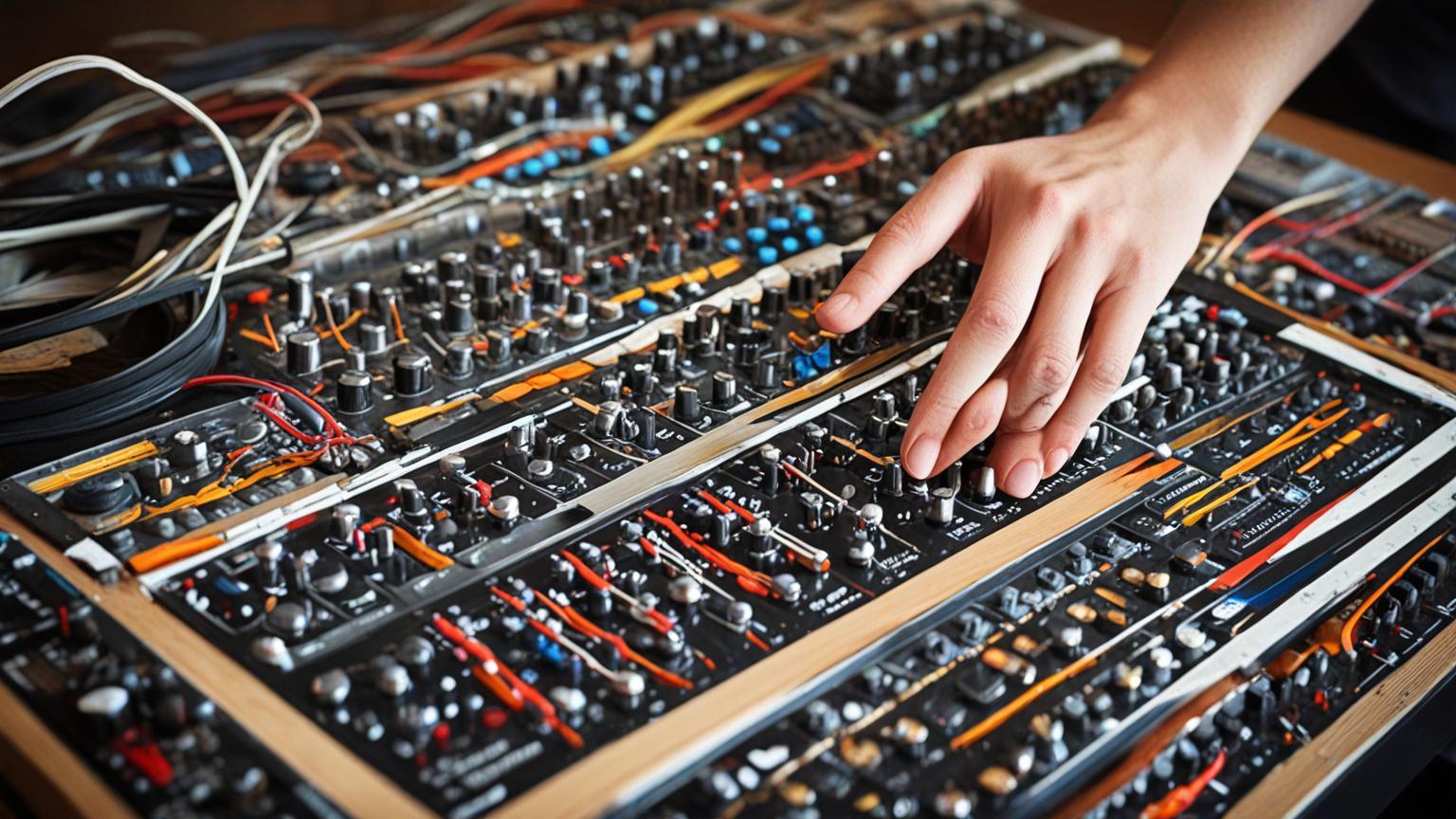In the ever-changing landscape of the music industry, the term 'DIY' has transformed into a cultural phenomenon that resonates with the ethos of independence, authenticity, and creativity. Long before the advent of digital platforms, punk rock epitomized the Do-It-Yourself spirit, challenging established norms with its raw energy and unfiltered voices. Today, this DIY philosophy is experiencing a resurgence, amplified by technological innovations and a desire for genuine artistic expression.
The digital age has leveled the playing field, empowering artists to produce, distribute, and market their music without relying on traditional gatekeepers. Platforms like Bandcamp and SoundCloud have democratized the industry, allowing artists to reach a global audience directly. This shift has not only changed how artists interact with fans but also how they construct their art, blending genres, and experimenting with unique sounds unbound by corporate constraints.
As a result, a vibrant and diverse musical landscape has emerged, characterized by eclectic collaborations and cross-genre innovation. Consider the impact of artists like King Krule and Clairo, who harnessed the power of online communities to craft their distinct sounds. Such artists exemplify a new generation that embraces the DIY ethos, prioritizing authenticity and genuine connection with their audience above mainstream success.
However, the digital age poses unique challenges for DIY artists. While the accessibility of music production tools has lowered barriers to entry, the oversaturation of digital platforms makes it difficult for emerging musicians to stand out. For every viral sensation, countless other talented artists remain undiscovered, navigating an ever-competitive terrain where capturing attention is as crucial as the music itself.
To succeed, DIY artists often rely on dynamic marketing strategies, leveraging social media and visual storytelling to create a cohesive brand narrative. The proliferation of platforms like TikTok has highlighted the importance of engaging content, allowing musicians to cultivate fanbases through personalized interactions and viral trends. Amidst this digital hustle, authenticity remains key, as fans increasingly value transparency and artist accessibility.
As the music industry continues to evolve, so too does the concept of DIY. Community-driven initiatives, such as music cooperatives and independent record labels, play a crucial role in fostering environments where DIY artists can thrive. By providing resources, mentorship, and support, these collectives enable musicians to stay true to their artistic visions while navigating the demands of a digital future.
The evolution of DIY music culture in the digital age underscores a broader desire for autonomy and artistic freedom. By embracing technology and fostering genuine community connections, DIY artists are challenging the status quo, proving that creativity transcends the confines of traditional industry structures. Their stories inspire a new generation of musicians, inviting them to chart their own path in a world of infinite sonic possibilities.
Exploring the evolution of DIY music culture in the digital age

